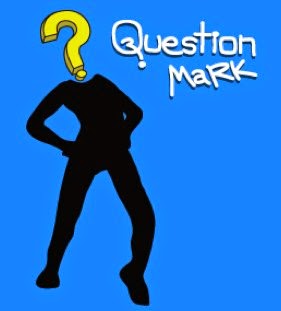It is the eve of 1941 and World War II is engulfing the globe. Newlywed Nerys Watkins leaves rural Britain to accompany her husband on a missionary posting to India, but when he leaves her in the exotic lakeside of Srinagar to take on a complicated mission elsewhere, she discovers a new world. Here, in the heart of Kashmir, the British dance, flirt, and gossip against the backdrop of war and Nerys soon becomes caught up in a dangerous liaison. By the time she is reunited with her husband, she is a very different woman.Kashmir is in the news today! Accusing al-Jazeera of "cartographic aggression," India has taken that news channel off the air. "India says maps used by the channel are incorrect, as they show the region of Kashmir as divided between Pakistan, India, and China. Kashmir is claimed by both India and Pakistan in its entirety but has effectively been divided since 1948."
Years later, Nerys's granddaughter Mair Ellis clears out her dead father's house and finds an exquisite shawl — a kaleidoscope of silvery blues and greens. Wrapped in the folds of this delicate object is a lock of a child's curly hair. With nothing else to go on, Mair decides to trace her roots back to Kashmir, embarking on a quest that will change her own life forever.
 |
| Click on map to enlarge it |
DISCUSSION
Author's web siteNovel's opening lines
Party with the characters (at Essencia Island)
Answer a question or two (or make up your own) in the comments:
1. Which character could you relate to best?
2. Were there any other especially interesting characters?
3. Was the book different from what you expected?
4. Was location important to the story?
5. Was the time period important to the story?
6. Would you recommend this book?
7. What did you like most about the book?
8. What did you like least?
9. Did you like the way the book ended?
If the video quits working, view it on YouTube: https://www.youtube.com/watch?v=eOblbxEumlk







